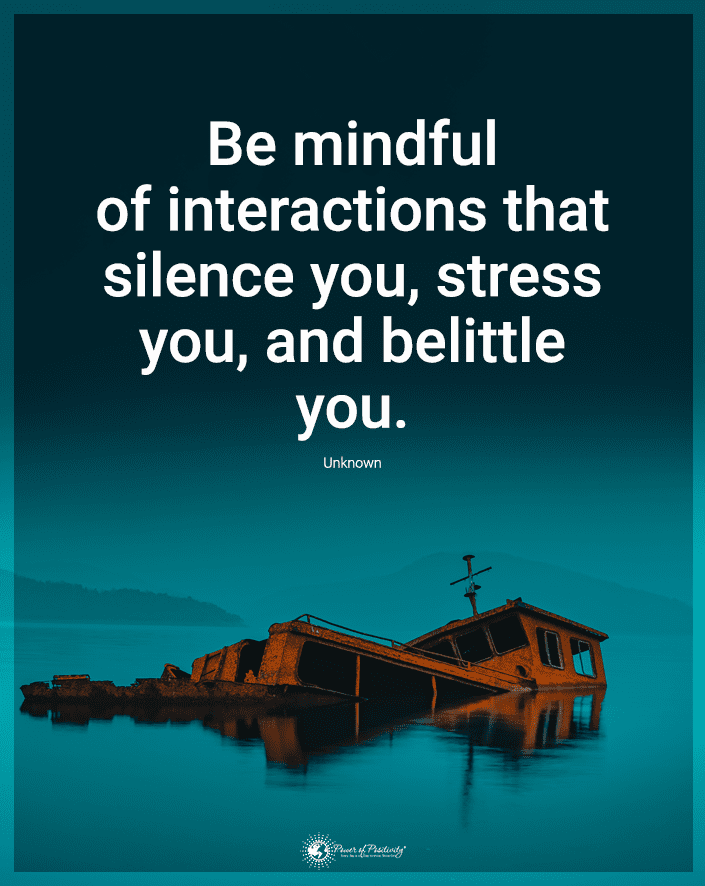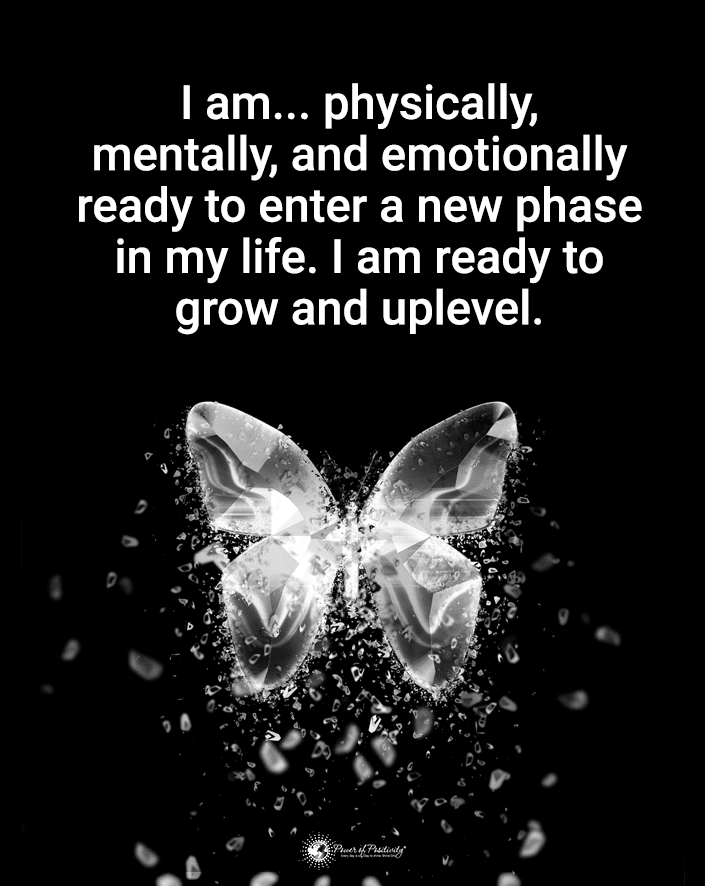Here’s what to look for if you think your partner’s cheating.
Do you think your partner is a cheater? Cheating is never okay. However, it’s also worthwhile that the behaviors that cause someone to cheat may reveal other psychological or behavioral issues besides cheating.
Trust in a relationship is like assessing the foundation of a grand, centuries-old mansion. Imagine this beautiful, towering home – it appears impressive to all.
But what if termites were at work hidden beneath the surface, silently compromising the foundation? As the owner, you’d want to know. You’d not dismantle the mansion hastily. Instead, you would address the issue to ensure that the structure remains sound for the future.
Likewise, in relationships, suspicions of infidelity can feel like those hidden termites. They gnaw away at the relationship – unseen but not unfelt.
Understanding your partner better does not mean one should excuse any poor behaviors, especially cheating. However, it’s worth evaluating whether they’re a cheater before deciding whether to leave or mend the relationship.
Understanding the Basics of Trust
Trust is the cornerstone upon which relationships on which we build human emotions. Just as architects precisely lay the first stone, ensuring its stability for all subsequent layers, trust forms the foundation of any deep and lasting connection between two people.
Trust is the cause and effect of an optimistic view of one’s partner. It’s the belief that they will act in the relationship’s best interest, even in your absence. It assures your beloved will keep your secrets safe and treasure your companionship.
When this trust wavers, it’s not merely a fleeting emotion. Instead, it impacts the strength of the bond. Betrayal leads to insecurity, anxiety, and sometimes, even isolation.
But, as central as trust is, it’s also fragile. It demands continuous care, transparency, and open communication to remain unbroken. If cracks do appear, they need not spell doom.
In fact, many relationships can mend and emerge even more robust. Still, it’s crucial to approach any concerns with a cautious heart before you make accusations.
The Role of Intuition in Relationships
Intuition is that whisper in the back of our minds, the soft nudge urging us to pay attention. Our subconscious often picks up on subtle cues or patterns our conscious mind might miss. This intuitive feeling can be an early alert system in relationships, hinting that something might be amiss.
However, it’s essential to strike a balance. While intuition can be a valuable guide, it’s also susceptible to our fears, biases, and past experiences.
For instance, past traumas or betrayals might amplify our internal alarms. It can make them sound off even without any genuine threat. So, listening to one’s gut is crucial. But you should also ensure your reactions are rooted in the present reality before you make final decisions.
10 Behavioral Changes in a Cheater
You must pay attention for these behaviors if you think your beloved is cheating. Here are ten to know:
1 – A Cheater Has Changes in Communication Patterns
Communication is the lifeblood of any relationship. The bridge connects two individuals, ensuring they understand, empathize, and support each other. When there’s a shift in how communication flows, it can sometimes be a sign that something is amiss.
One might notice a decreased frequency of conversations. Where once there were long, heartfelt discussions, now there might be brief exchanges or even silence.
It’s not just about quantity. Indeed, communication’s depth can also change. Partners might now avoid discussions they used to have. Or, one partner might become overly defensive when certain subjects arise.
2 – Cheating Means Changes in Time Management
Time, often said to be our most precious commodity, is a testament to our priorities. In a relationship, the time shared reflects mutual commitment and the importance placed on nurturing the bond. When noticeable shifts occur in how one’s partner manages their time, it can be a cause for reflection.
For example, unexpected schedule changes that aren’t accounted for or communicated can raise eyebrows. There may be an increase in unexplained absences, or hobbies and activities suddenly take precedence over the relationship without any communicated reason.
3 – A Cheater May Create Emotional Distance
Relationships are not just about the physical or the spoken. Rather, they deeply involve complicated – and often messy – human emotions. The feeling of being emotionally connected, of being ‘seen’ and ‘understood’ by your partner, is invaluable. It can be disheartening when this connection starts to wane, and an invisible wall goes up.
Such emotional distance can manifest in various ways. For example, you might see a new lack of enthusiasm about shared dreams or a reluctance to share personal feelings or experiences. You might also perceive a new indifference to one’s highs and lows.
4 – Cheating Requires Increased Secrecy
Transparency is vital in strengthening a relationship. While every individual has a right to personal space and privacy, a sudden and unexplained increase in secrecy can signify an issue to pay attention to.
Examples include the overprotectiveness of personal devices or a new reluctance to share details about specific activities or whereabouts. It may also include unexplained expenses or hidden receipts. New password-protected apps or secret accounts can also be indicative.
5 – A Cheater Avoids Long-term Plans or Goals
Shared dreams and plans are often the milestones that couples look forward to. They signify growth, commitment, and a mutual vision of the journey ahead. It can feel unsettling when a partner is reluctant to make long-term commitments or discuss plans.
The partner could put off talks about future vacations, investment plans, or even significant life decisions like moving in together, marriage, or starting a family. Such avoidance might also include vague reasons or a general sense of uncertainty.
6 – Cheating Brings Changes in Social Media Behavior
In today’s digital age, social media reflects our personal lives. While it’s never a complete picture, noticeable changes in online behavior can sometimes mirror personal feelings or commitment shifts.
The behavior could be increased privacy settings without a good reason, frequently interacting with a new person, or deleting or untagging photos that were once proudly displayed. Some might even notice their partner posting more solo pictures or sharing sentiments that hint at emotional unrest or distance.
7 – Friends of a Cheater Begin to Change How They Interact With You
Friends and mutual acquaintances often act as mirrors reflecting subtle dynamics within a relationship. When these friends start behaving differently— perhaps becoming distant, offering unsolicited advice, or acting uncomfortably in your presence—it might indicate underlying currents they’re privy to.
In some cases, mutual friends might drop hints or make indirect comments. These vague warnings are incredibly confusing. So, know that they may stem from a place of concern or awkwardness about being in the middle of a delicate situation.
8 – Cheating Causes Defensive Behavior
It’s natural for individuals to defend themselves when they feel threatened or misunderstood. However, within the context of a relationship, if routine inquiries or casual conversations consistently result in defensive reactions, it may signal deeper underlying issues.
For instance, simple questions about one’s day or specific activities might receive sharp retorts or defensiveness. A cheater may respond explosively, out of proportion to the query.
In some scenarios, the cheating partner might gaslight the other. They turn the tables, with the partner accusing you of distrust or being overly suspicious without a valid reason.
9 – A Cheater Needs Less Physical Intimacy
Physical intimacy is a barometer of connection in many romantic relationships. A noticeable drop in desire for physical closeness or a seeming avoidance of affectionate gestures can concern many.
The warmth of a hug may feel different, or the frequency of intimate moments has dwindled. These changes, while palpable, can stem from a multitude of reasons.
10 – Cheating Seeks Outside Validation
The desire to be acknowledged and appreciated is an innate human trait. In a relationship, validation often comes from one’s partner through compliments, reassurances, or simple acts of love. However, when one partner seeks external validation disproportionately, it can be an area of concern.
It might manifest as a newfound obsession with external appearance, frequenting social scenes without their partner, or constantly seeking praise and attention from others. In the digital realm, this could translate to posting pictures or statements that seek admiration or validation from the online community.
Five Ways to Determine if a Relationship With a Cheater Is Worth Saving
Infidelity undoubtedly shakes the foundation of a relationship. But it doesn’t always spell its end. Many couples can navigate this challenging phase with mutual effort, understanding, and commitment. They might repair the damage, building an even stronger bond.
However, it’s essential to prioritize mental and emotional well-being. If the relationship continues to be a source of pain or distrust, seeking external help or reconsidering the relationship might be necessary.
1 – A Mutual Willingness to Rebuild
Both partners genuinely desire to mend the relationship and are ready to do the necessary work.
Repair Strategy: Begin with open, honest, and non-confrontational conversations about the infidelity. Ensure both parties have the opportunity to express their feelings, fears, and expectations. That lays the foundation for understanding and rebuilding.
2 – Understanding the Root Cause of Cheating
The cheating wasn’t a symptom of chronic dissatisfaction or fundamental incompatibilities. Instead, it stemmed from a particular circumstance, misunderstanding, or lapse in judgment.
Repair Strategy: Seek couples therapy or counseling to explore the underlying reasons for the infidelity. A neutral third party can provide insights, tools, and exercises to address these issues and ensure they don’t resurface.
3 – Transparency and Open Communication
The partner who cheated is transparent about the affair. They’re also willing to answer questions to clear doubts, even if they’re uncomfortable.
Repair Strategy: Have regular check-ins to discuss feelings, concerns, and progress. Over time, this will rebuild trust and strengthen the communication channels between both partners.
4 – Recognizable Remorse and Accountability
Genuine remorse is evident, not just for getting caught but for the act itself. The partner understands the gravity of their actions and doesn’t shift blame or make excuses.
Repair Strategy: The partner who cheated should consider individual therapy to understand their motivations and prevent future slip-ups. Demonstrating change through actions, not just words, will also be crucial.
5 – History of Trust and Mutual Respect
Before this incident, the relationship had mutual respect, trust, and understanding. This breach of trust was a blip, not a pattern.
Repair Strategy: Revisit the foundations of the relationship. Recount the moments that made the bond solid and memorable. Engaging in trust-building activities and even attending relationship workshops can reignite the spark and reinforce the bond.
This work will be hard – a long road lies ahead. So, if you decide your relationship’s foundation is solid enough to salvage the relationship, see a counselor. That third party can help create safe spaces for the difficult conversations needed for healing.
Final Thoughts on Ten Ways to Spot an Undercover Cheater
Establishing trust is the bedrock of any lasting relationship. The signs of cheating are potential indicators to be aware of. But each relationship uniquely blends personalities, experiences, and emotions. Observation and communication are key to deciding whether to work on repairing the trust or leaving the cheater.



















